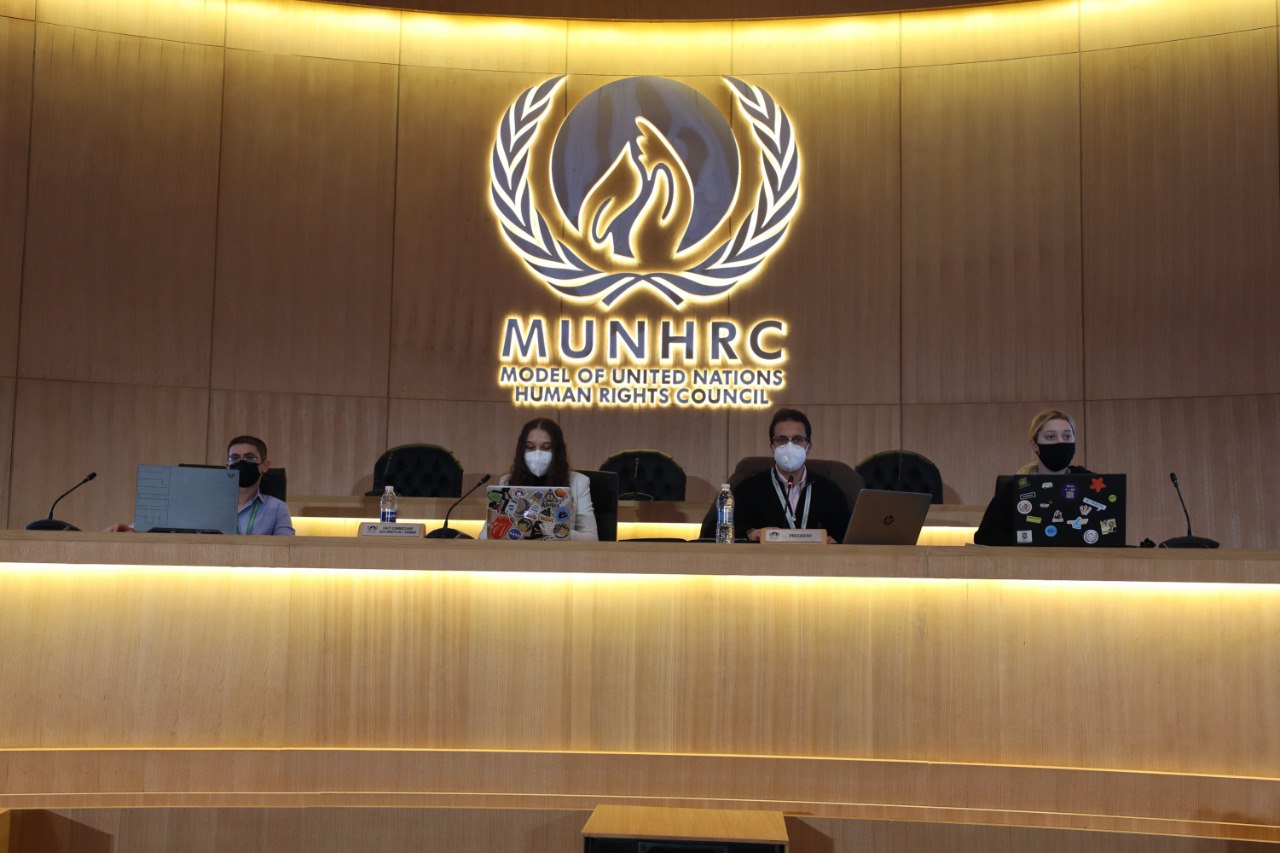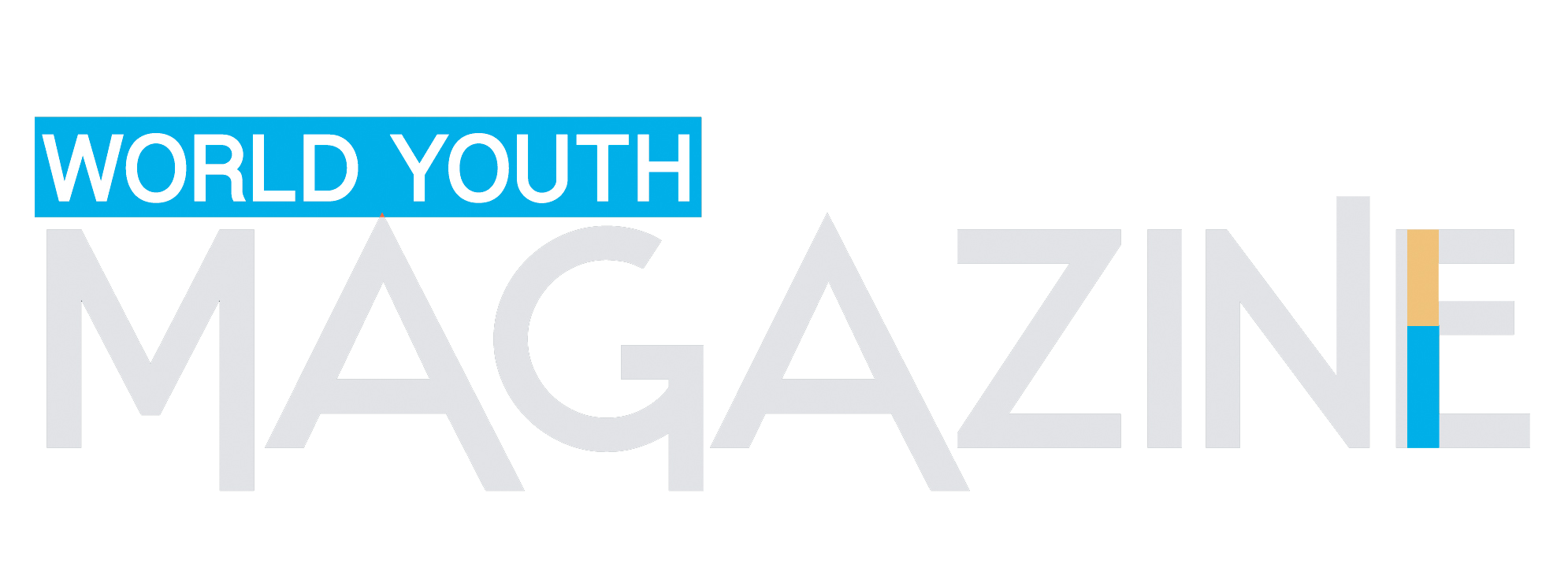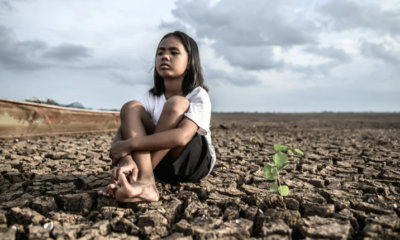The Forum
Model of United Nations: Human Rights Council

The World Youth Forum (WYF) organizing team is always keen to include in its agenda, concurrently with the sessions and panel discussions, a simulation model where youth can discuss different issues and come up with recommendations to solve them. This edition’s simulation is the Model of the United Nations Human Rights Council (MUNHRC), with the participation of President Abdel Fattah El-Sisi.
The purpose of this model has been promoting human rights, while focusing on the right to health. In line with the launching of a National Strategy for Human Rights, the organization of the MUN by the WYF organizing team reflects Egypt’s aspiration to promote human rights and to develop international human rights instruments.
Prior to offering condolences on the death of David Sassoli, the European Union Parliament’s President, the Chair announced the delegates of member states (speakers’ list) and observer countries. The simulation then covered the implications of the pandemic on human rights, where the delegates recalled the Universal Declaration of Human Rights that was drafted after World War II, stressing on the fact that it’s a common ground for humanity.
The United Nations High Commissioner for Human Rights shed light, in her speech, on the impacts of the pandemic on cooperation. She poited out that the developing countries are the hardest hit countries due to the discriminatory distribution of the COVID-19 vaccine. That’s why she emphasized on the essence of respecting civil and political rights during the pandemic and the unconditional provision of healthcare services since the vaccine is the primary weapon to fight this pandemic. In addition to that, she stressed on the roles of governments in ameliorating the impacts of the pandemic on the vulnerable people, including women, refugees, old people, and children, as well as protecting the medical staff. Furthermore, she called on the international community to embed and integrate human rights in all UN subject matters in order to ensure recovery.
Afterwards, the President of the UN Human Rights Council gave the floor to the representatives of regional organizations who alluded to the dissimilatory distribution of vaccines and shed light on the suffering of the African countries because of the improper and unfair distribution of the COVID-19 vaccine. The delegate of Tunisia, for instance, who spoke on behalf of the African group, said that the discriminatory distribution of vaccine has triggered a catastrophe in Africa, albeit the ability of African countries to fight epidemics. Likewise, the Islamic Cooperation Organization stressed on the need to coordinate efforts with other international organizations that focus on human rights. The European Union emphasized, in its speech delivered by Portugal, that its treaties promote human rights by providing vaccines to other European countries through COVAX. In addition to that, the Non-Alignment Movement expressed its sadness over the unfair distribution of vaccines, implying that there are areas that lack access to basic rights.
Also, the delegate of China called the Council to appoint a rapporteur and create a work group in order to ensure the access of developing countries to vaccines. The delegates of Batswana, Ethiopia, Kenya, Rwanda, Pakistan, Togo, Indonesia, and Burundi delivered their speeches and stressed on cooperation and the respect of human rights in order to protect the economic, social, and cultural sectors. The delegates of Sudan and Cote D’ivoire called for addressing all the impediments that hinder access to vaccines and to adopt a new concept for healthcare. To put it simply, they called for engaging the population in healthcare rather than merely providing it to them. The delegates of India, Jordan, the Philippines, and many other states called for distributing the COVID-19 vaccine on the basis of the number of people and not the nationality.
The delegates of many countries, including Ecuador, Georgia, Paraguay, Bolivia, Austria, Panama, and Switzerland said that the pandemic is not merely a health crisis and it has also demonstrated the pitfalls of the world order.
The delegate of Egypt highlighted the Egyptian experience in promoting economic growth coupled with ensuring health protection, thereby avoiding a full lockdown. Ambassador Moshira Khatab stressed that Egypt is keen to promote human rights from an intellectual perspective.
President Abdel Fattah El-Sisi stressed on human rights and shed light on the comparison between the victims of destruction and the victims of human rights. He also called for the criminalization of interference in states’ internal affairs which in turn violates human rights.












